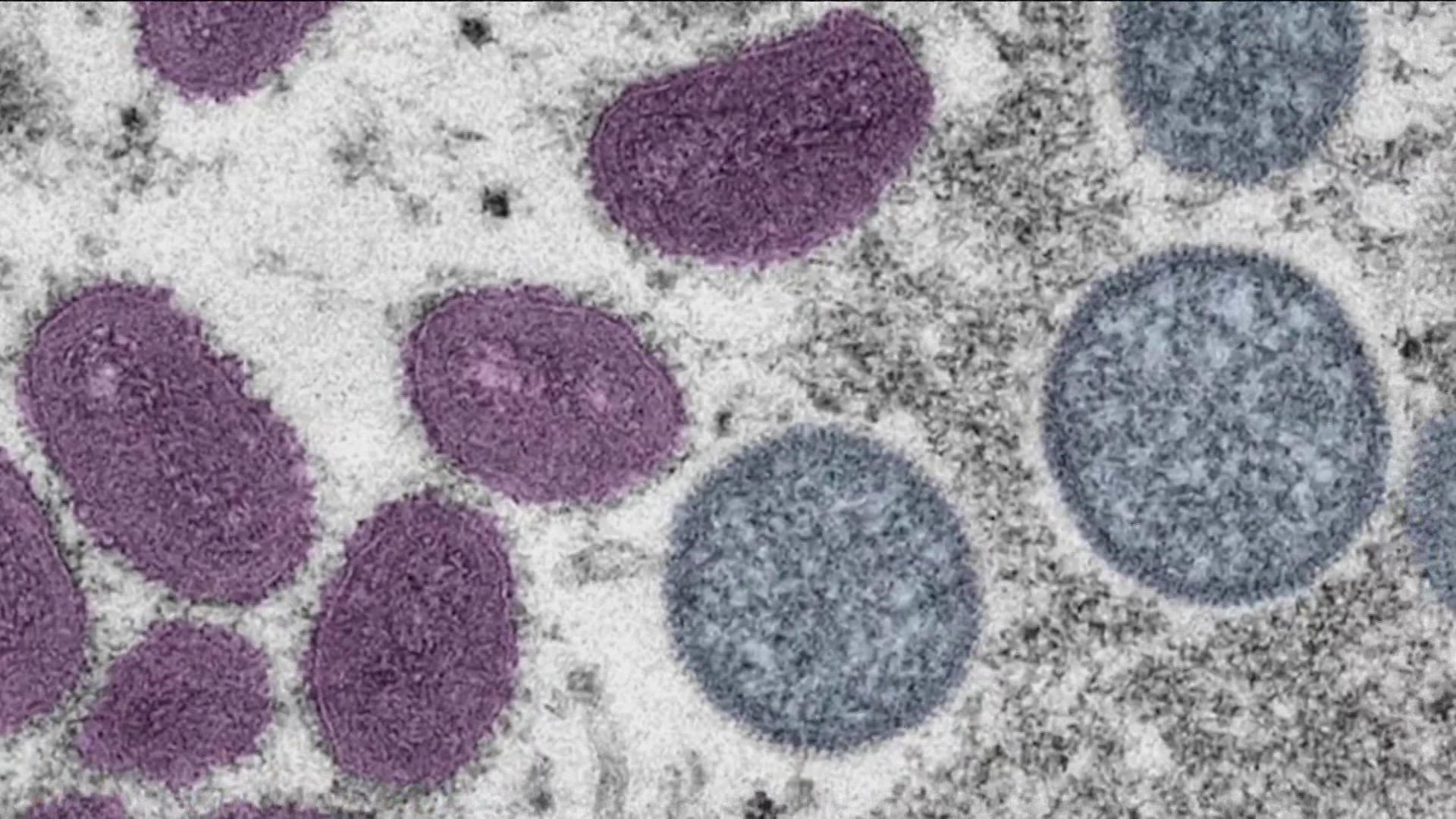AUSTIN, Texas — On Friday at noon, Austin Public Health (APH), Central Health and other community partners hosted a virtual monkeypox roundtable to answer the community's questions.
The conversation included several local health experts who provided an update about monkeypox in Austin-Travis County, as well as discussed prevention methods, professional experiences and vaccine availability and eligibility.
As of Thursday, Aug. 4, Austin-Travis County has nine confirmed and 46 presumptive cases of monkeypox. Monkeypox case numbers are updated weekly online.
Ahead of the roundtable, APH issued guidelines to reduce the spread of monkeypox during the upcoming fall festival season.
APH said anyone participating in events like festivals, parties and raves can protect themselves and others by:
- Being fully clothed and avoiding skin-to-skin contact with strangers
- Limiting close and/or intimate contact to people you know, including sharing items like drinks and blankets
- Wearing well-fitting masks in close quarters when social distancing isn’t possible
- Being aware of monkeypox symptoms, which include rash, fever, headache and muscle aches, chills and swollen lymph nodes
- Washing hands and using hand sanitation often
- Staying home if feeling sick or experiencing any symptoms
"Covering as much of your skin as possible and wearing well-fitting masks ... are tools everyone can use to reduce the spread of monkeypox," said Dr. Desmar Walkes, Austin-Travis County's health authority. “Keep in mind that monkeypox affects everyone regardless of their sexual orientation or gender identity."
APH has received a limited supply of the JYNNEOS monkeypox vaccine. It is evaluating those who are high-risk close contacts to monkeypox cases for vaccination eligibility, following the criteria of both the Texas Department of State Health Services and the CDC.
APH said only those who had a sexual partner in the past 14 days who was diagnosed with monkeypox or those who had multiple sexual partners in the past 14 days in a jurisdiction with known monkeypox are currently eligible to receive the vaccine.
"While we await more vaccines from the state, staying informed and practicing prevention methods are the best ways to protect yourself from monkeypox,” APH Director Adrienne Sturrup said. "Follow the lessons we’ve learned from COVID-19 to enjoy these upcoming festivities safely."
At South Austin’s KIND Clinic, health care workers are monitoring patients who are showing up with the virus.
“I would advise anyone that is currently sexually active to be careful and the best that they can,” said the clinic’s Chief Medical Officer Dr. Sandra Guerra. “Make sure you know your sexual partner and communicate with them to make sure that this person has felt healthy recently, including not having a fever, not having body aches, and definitely not having a rash before you have sexual contact with them.”
Guerra said the virus can be spread not only through close physical contact between people, but also through contact with clothing, bedding, or towels that have been used by someone with the virus.
If you believe you are a close contact of someone who has tested positive for monkeypox, you should reach out to your health care provider. If you don't have access to health care, you may call APH's Equity Line at 512-972-5560 for information.
The JYNNEOS vaccine does require a second dose at least four weeks after the first. The immune response takes 14 days after the second dose.
Britny Eubank on social media: Twitter
PEOPLE ARE ALSO READING:

